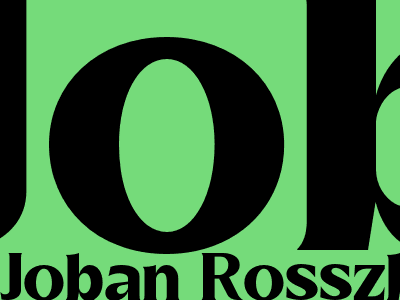
Joban Rosszban: A Comprehensive Guide to the Hungarian Poet and Writer
Early Life and Education
Joban Rosszban, a prominent Hungarian poet and writer, was born in Debrecen, Hungary, in 1858. His parents were both teachers, and they instilled in him a love of literature and language from a young age. Rosszban attended the University of Budapest, where he studied philosophy and literature. During his time at university, he began to write poetry and short stories, which were published in various literary magazines.After graduating from university, Rosszban worked as a journalist and editor for several newspapers and magazines. He also continued to write poetry and short stories, and in 1882, he published his first collection of poems, Versek.
Literary Career
Rosszban's literary career spanned over four decades, and he published numerous works of poetry, short stories, novels, and plays. His work is characterized by its lyrical beauty, its exploration of human nature, and its strong sense of patriotism. Rosszban was also a vocal critic of social injustice, and his work often reflected his concerns about the plight of the poor and marginalized.Some of Rosszban's most famous works include the poem "A magyar irodalom története" (The History of Hungarian Literature), the novel A magyar nép története (The History of the Hungarian People), and the play Bánk bán (Bánk Bán). His work has been translated into many languages and is still widely read today.
Legacy
Joban Rosszban is considered one of the most important figures in Hungarian literature. His work has had a profound influence on Hungarian culture and society, and he is still revered as a national hero today. In addition to his literary accomplishments, Rosszban was also a political activist and a member of the Hungarian Parliament. He was a strong advocate for social reform, and he played a key role in the development of Hungarian democracy.Rosszban died in Budapest in 1924. He is buried in the Kerepesi Cemetery, and his grave is a popular tourist destination for Hungarians and visitors alike.